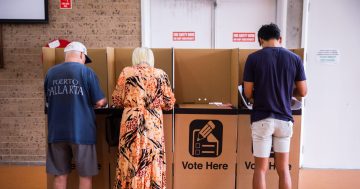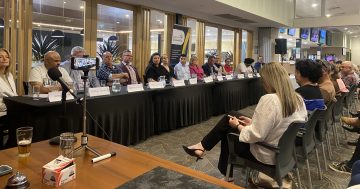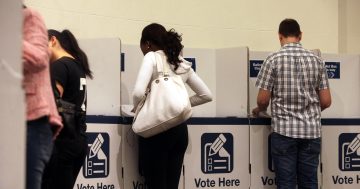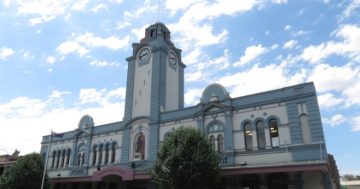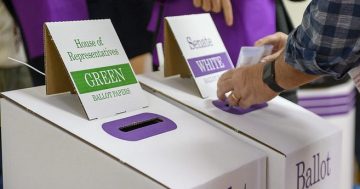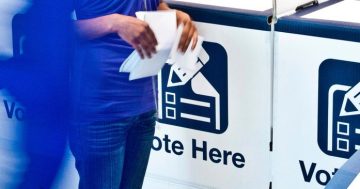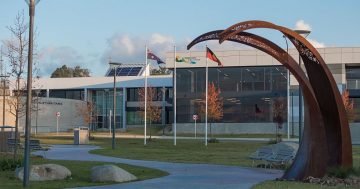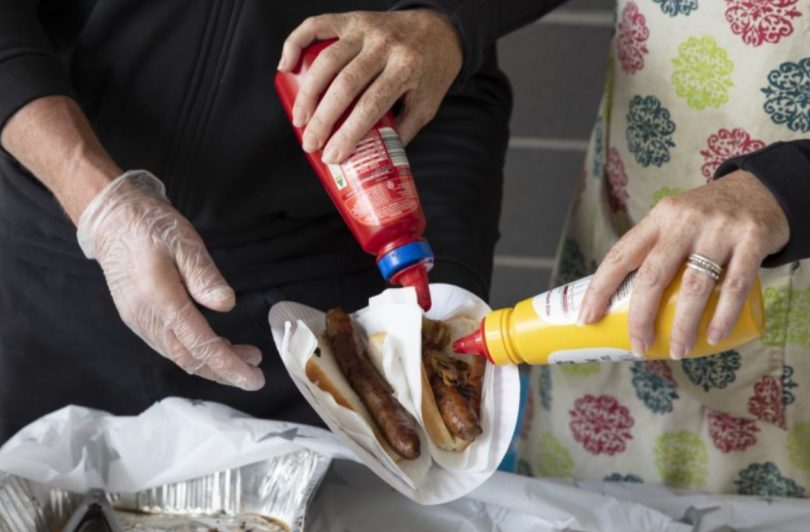
It’s almost that time again… Find all the answers to your local government election questions below. Photo: Thomas Lucraft.
The NSW local government elections are fast approaching – mark 4 September, 2021, in your calendars – and knowing if you’re eligible to vote and how to vote isn’t always clear-cut.
But don’t worry, we’ve got you covered.
Find all the answers to your election questions here.
Is voting compulsory in a NSW local government election?
Yes, you must vote in local government elections in the council area you live in if you are an Australian citizen aged 18 years or above.
If you have the right to vote in federal or state elections, you also have the right to vote in a local government election.
When you enrol to vote, you will automatically be included on the residential roll for the council area you live in.
What if I own property in a council area, but don’t live there full-time?
You can vote as a non-resident in a council area you pay land rates to, but it’s not compulsory.
Non-residential rolls are prepared by each council’s general manager. However, you are responsible for checking your name is on the non-residential roll.
You can apply to be included on the non-residential roll of another council area by contacting the local council office or visiting their website.
When do I vote?
Election day is Saturday, 4 September, 2021. Polling places such as local schools, halls and other community venues will be open between 8:00 am and 6:00 pm.
However, polling places and in-person voting is subject to any COVID-19 restrictions or lockdowns. Check the latest NSW Health advice or visit the NSW Electoral Commission’s website before attending a polling place in person.
You may also be eligible for a postal vote if you can’t get to a voting centre on election day.
Postal vote applications open on the NSW Electoral Commission’s website on Tuesday, 27 July, 2021. The Electoral Commission must receive your postal vote application by Monday, 30 August, 2021.
Other key dates
- Wednesday, 4 August, 2021: This is the last day candidates and groups can nominate to run in the election.
- Thursday, 5 August, 2021: The NSW Electoral Commission will conduct a ballot paper draw to determine the order candidates will appear on the ballot paper.
- Monday, 23 August, 2021: Pre-polling opens. This is for anyone who wants to vote in person, but can’t get to a voting centre on election day. Find out if you’re eligible and where you can vote early here.
Who am I voting for?
You are voting for people who pay rates in your area to become councillors. A councillor is responsible for listening to people in their area and representing those views on council.
You will also need to vote for a mayor if you are voting in the Eurobodalla Shire Council local government area.
How do I vote?
To vote for a councillor, you will need to indicate preferences for at least half the number of councillors on the ballot paper. For example, if 10 councillors are to be elected, at least five preferences must be shown. If seven are to be elected, at least four preferences must be shown.
The number of councillors elected varies from council to council. Councillors are elected for a four-year term.
To vote for a mayor, you will need to indicate your first preference. Mayors who are elected by voters in an area serve a four-year term.
If a council doesn’t hold a mayoral election, the elected councillors will vote to elect one of the councillors as mayor for a two-year term. At the end of the two-year term, the councillors will elect a new mayor for the following two years.
Who counts the votes?
Staff from the NSW Electoral Commission count the votes after voting closes at 6:00 pm on election day.
All totals for mayor and councillors will be posted progressively on election night on the NSW Electoral Commission’s website.
What does running on a ticket mean?
‘Running on a ticket’ means a candidate has decided to run with a group of candidates or a political party.
When it comes to voting, a group or political party will appear at the top of the ballot paper. You can vote for a group instead of showing preferences for individual candidates.







